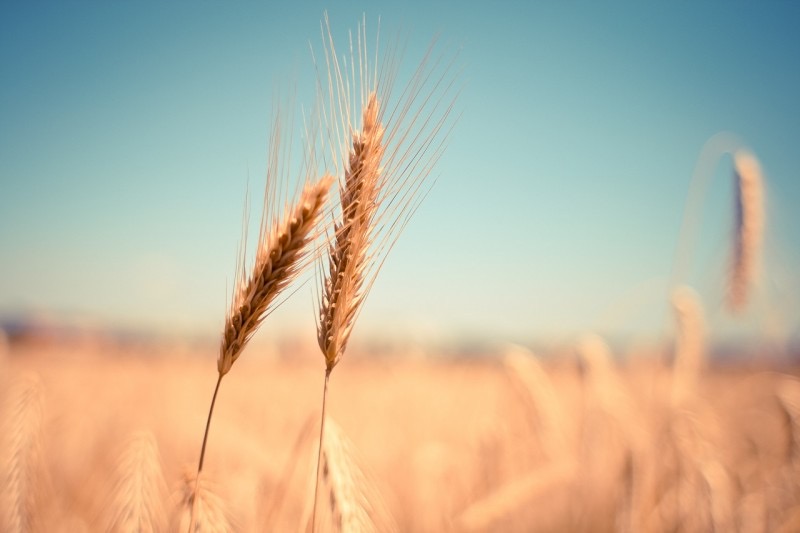Read in
Rabat – In order to face the challenges posed by the drought, Morocco plans to import 2 million tons of soft wheat.
Morocco’s National Interprofessional Office for Cereals and Legumes ( ONICL) announced the news, stressing the country will offer subsidies to import the soft wheat from the period of October 1 to December 31.
Morocco’s Finance and Agriculture Ministries approved the import scheme, ONICL said. Subsidy details will be published in a separate note, Reuters reported today.
The move comes as Morocco is experiencing a prolonged drought due to lack of rainfall and rising temperatures, which has directly affected agricultural production.
In the 2022-2023 agricultural season, Morocco announced a cereal production of 55.1 million quintals – which was a significant increase of 61.8% compared to the previous season.
The 2021-2022 season was the worst as the North African country’s production reached 34 million quintals only compared to the 2020-2021 season, whose production accounted for over 100 quintals.
Last year’s production registered a decrease of 67% compared to the previous session.
To address the situation, Morocco has announced changes to its wheat import subsidies to encourage companies to bring more wheat pouches from other markets.
In March this year, the interprofessional office introduced an amendment, encouraging companies to import grain products from the Black Sea region.
Experts in the markets have been urging the government to resort to Russian cereal markets.
The National Federation of Mills President, Moulay Abdelkader Alaoui said that the reopening of doors for imports from Russia will contribute to boosting Morocco’s position as diversifying its sources in terms of wheat imports.
The expert said that Morocco had to exit the Russian market following the start of the war in Ukraine.
In September, Russian ambassador to Morocco Vladimir Baibakov stressed that Russia is ready to supply the North African country with wheat at reasonable prices.
Baibakov stressed that the two countries “buy goods that are most demanded on their markets from each other.”
Moroccan imports from Russia include coal and petroleum products, while Russia’s imports cover citrus fruits and fish.
The Russian ambassador also stressed Morocco’s position, describing it among Russia’s leading trade and economic partners in Africa.



